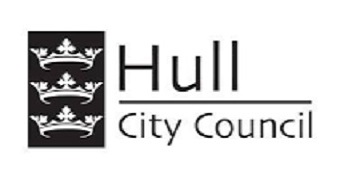Building the case for Cornwall’s devolution
The focus on a ‘northern powerhouse’ is an opportunity to think about how devolution can stimulate the economy in other parts of England.
Cornwall’s last 15 years has seen a 50,000-signature petition for a Cornish Assembly; recognition (with the Isles of Scilly) as an EU region in its own right, transformational EU funding programmes, a new unitary authority, and now Cornwall Council – together with a range of partners – making a ‘case for Cornwall’.
The ‘case’ is about the journey to obtaining a fairer funding settlement and capitalising on the growing cross-party consensus for devolution through to enabling Cornwall’s assets to work for its communities. The Cornish food brand and sustainable energy are clear opportunities for assets which can earn income.
Evidence suggests people in Cornwall want increased powers; the debate is about how much and how far.
For the first time since the 1970 general election, all of Cornwall’s MPs are Conservative. Defra minister and local MP George Eustice, speaking at the recent Devolution for Cornwall: what future now? conference, welcomed the Council’s case for Cornwall and cited the opportunity to bring together heritage and land management responsibilities from bodies such as English Heritage into Cornwall.
‘The challenge for Cornwall as it begins its devolution journey will be to ensure that all sizes of local communities benefit and have the opportunity to engage with implementation’
But there are unanswered questions. The case for Cornwall has longer term proposals on limited tax raising powers while the Liberal Democrats, Greens and Cornish party Mebyon Kernow all want to see a Cornish Assembly with powers and functions approaching those of Wales.
There are welcome prospects for devolution in areas such as transport integration or skills funding, but still issues around the nationalisation of the next phase of EU funding and opportunities for integrated blue light services.
Devolution is a process, not an event. It has to be much more than about structures. A devolution dividend – through aligning public sector budgets – can help to meet challenges in health care or getting people to work. The challenge for Cornwall as it begins its devolution journey will be to ensure that all sizes of local communities benefit and have the opportunity to engage with implementation.
Ensuring that there are at least tax retention powers will be the second challenge so that these can help fund the projects and priorities of the people of Cornwall. The government wants to see stronger representation through taxation but the remaining contradiction is that councils have to have referenda before they put your taxes up; central government can do it at will!
Cornwall is aiming to be a rural pioneer as a devolved region in the same way that Manchester has done this as an urban one. With natural regions come critical mass, governance, jobs and greater confidence that translates to economic success and a brand.







 Network
Network
